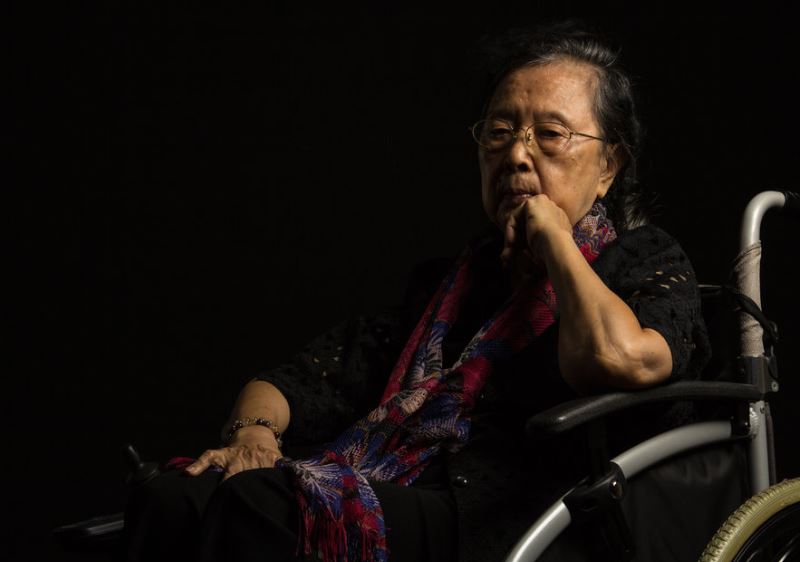Find out more about elderly depression and what you can do if it happens to you or your aging loved ones.
Depression in the elderly occurs more commonly than you think. Often, it’s those who suffer from age-related disabilities and medical conditions who develop depression. However, since the symptoms of depression can often be similar to dementia, elderly people don’t get the right diagnosis and treatment that they need.

KOBPS2 VIA GETTY IMAGES
Elderly Depression
While elderly depression is common among those who are suffering medical conditions, it’s not a healthy or even normal part of aging.
However, many are misdiagnosed and therefore don’t get the treatment that they really need. This is because the symptoms of depression often mimic other more common age-related issues, such as loss of appetite, exhaustion, lack of energy, sleeping problems, and many more.
The problem is compounded by the fact that elderly people with depression may not readily talk about their feelings for fear of being a burden to their families, or being treated even more differently. They may also not readily acknowledge that they have depression. Another reason is that they themselves may not easily understand their symptoms.
Furthermore, aside from medical conditions and life changes associated with aging, there’s also the feeling of isolation. Elderly people who are left to their own devices, or those who don’t have family with them, may feel lonely. This may also make it difficult for them to ask for help.
Symptoms of Elderly Depression
When a person experiences a depressed mood for at least two weeks, or have lost interest in activities that they used to like doing, then these are considered red flags.
Other symptoms of elderly depression include:
- persistent sadness
- feeling slowed down
- frequent tearfulness
- feeling of being worthless
- feeling of being helpless
- hopelessness
- weight changes
- changes in sleeping patterns
- difficulty concentrating
- difficulty sleeping
- pacing of fidgeting
- somatic complaints (such as unexplained physical pain or gastrointestinal problems)
- withdrawal from social activities or being reclusive
There are certain medical conditions that can worsen depression symptoms:
- cancer
- Parkinson’s disease
- stroke
- Diabetes
- Lupus
- Dementia
- Alzheimer’s disease
- Multiple sclerosis
Recent Comments